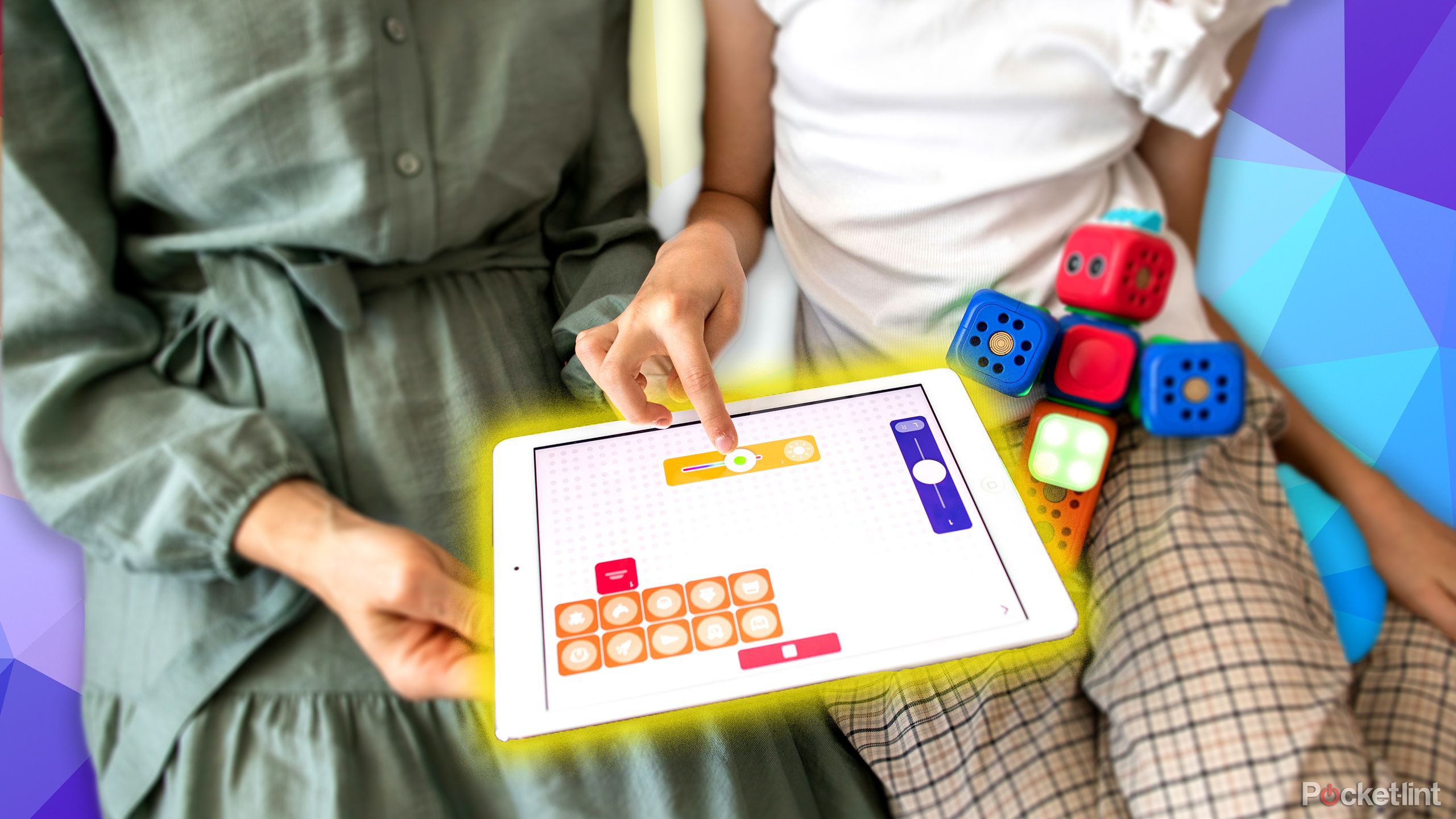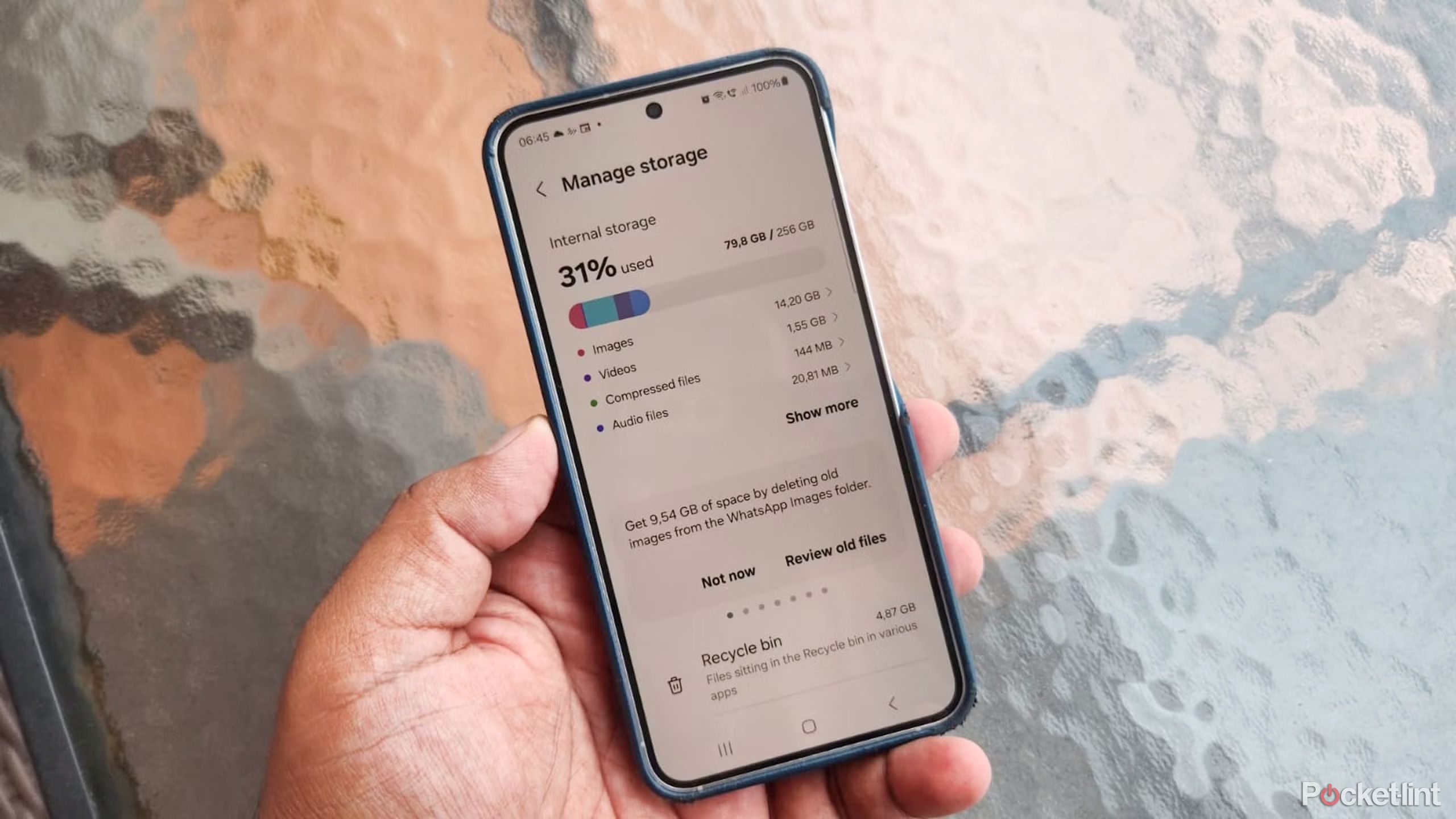iOS 18 could be loaded with AI, as Apple reveals 8 new artificial intelligence models that run on-device
[[{“value”:”
Apple has released a set of several new AI models that are designed to run locally on-device rather than in the cloud, possibly paving the way for an AI-powered iOS 18 in the not-too-distant future.
The iPhone giant has been doubling down on AI in recent months, with a carefully split focus across cloud-based and on-device AI. We saw leaks earlier this week indicating that Apple plans to make its own AI server chips, so this reveal of new local large language models (LLMs) demonstrates that the company is committed to both breeds of AI software. I’ll dig into the implications of that further down, but for now, let’s explain exactly what these new models are.
The suite of AI tools contains eight distinct models, called OpenELMs (Open-source Efficient Language Models). As the name suggests, these models are fully open-source and available on the Hugging Face Hub, an online community for AI developers and enthusiasts. Apple also published a whitepaper outlining the new models. Four were pre-trained on CoreNet (previously CVNets), a massive library of data used for training AI language models, while the other four have been ‘instruction-tuned’ by Apple; a process by which an AI model’s learning parameters are carefully honed to respond to specific prompts.
Releasing open-source software is a somewhat unusual move for Apple, which typically retains quite a close grip on its software ecosystem. The company claims to want to “empower and enrich” public AI research by releasing the OpenELMs to the wider AI community.
So what does this actually mean for users?
Apple has been seriously committed to AI recently, which is good to see as the competition is fierce in both the phone and laptop arenas, with stuff like the Google Pixel 8’s AI-powered Tensor chip and Qualcomm’s latest AI chip coming to Surface devices.
By putting its new on-device AI models out to the world like this, Apple is likely hoping that some enterprising developers will help iron out the kinks and ultimately improve the software – something that could prove vital if it plans to implement new local AI tools in future versions of iOS and macOS.
It’s worth bearing in mind that the average Apple device is already packed with AI capabilities, with the Apple Neural Engine found on the company’s A- and M-series chips powering features such as Face ID and Animoji. The upcoming M4 chip for Mac systems also appears to sport new AI-related processing capabilities, something that’s swiftly becoming a necessity as more-established professional software implements machine-learning tools (like Firefly in Adobe Photoshop).
In other words, we can probably expect AI to be the hot-button topic for iOS 18 and macOS 15. I just hope it’s used for clever and unique new features, rather than Microsoft’s constant Copilot nagging.
You might also like…
iOS 18 might break the iPhone’s iconic app grid, and it’s a change no one asked forThe latest iOS 17.5 beta gives iPhone users in the EU a new way to download appsThis neat iPhone camera trick will let you take pictures using nothing but your voice
“}]]




